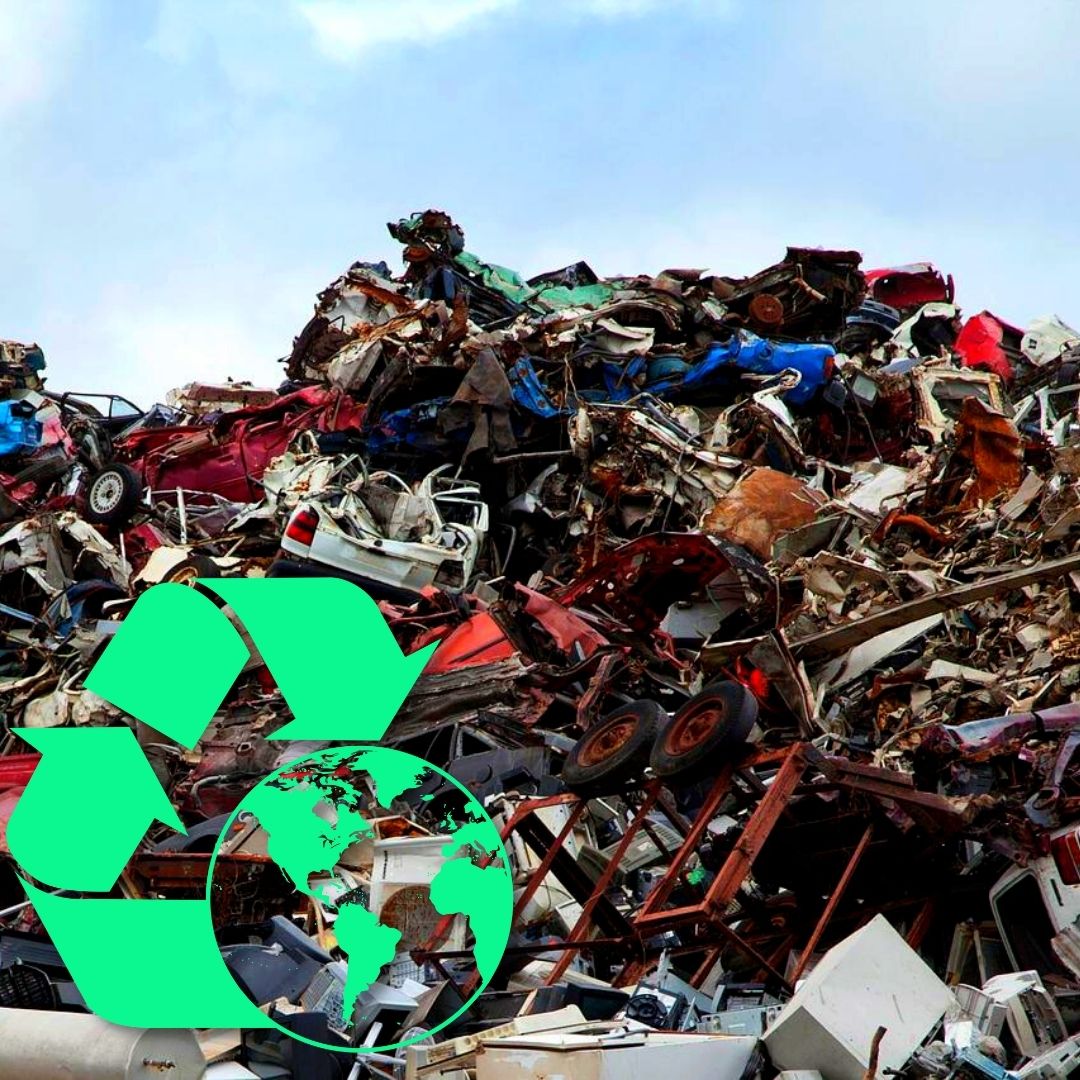
Image Credit: Unsplash (Representational)
Here's How Recyclable City Waste Might Help Generate Rs 30,000 Crore Every Year
Writer: Shashwat Swaroop Garg
My name is Shashwat Swaroop Garg, I'm 21 years old and I am from Kanpur, Uttar Pradesh. I am a media student at Symbiosis Institute of Media and Communication, Pune. I am currently pursuing my specialization in Journalism. I am interested in playing videogames, reading and learning about new and interesting things and I work well in a team
Delhi, 17 May 2022 9:46 AM GMT
Editor : Snehadri Sarkar |
While he is a massive sports fanatic, his interest also lies in mainstream news and nitpicking trending and less talked about everyday issues.
Creatives : Snehadri Sarkar
While he is a massive sports fanatic, his interest also lies in mainstream news and nitpicking trending and less talked about everyday issues.
A study published by the Housing and Urban Development Ministry has stated that a large amount of municipal waste can be prevented from being dumped in landfills by recycling them.
A study published by the Housing and Urban Development Ministry has stated that a large amount of municipal waste can be prevented from being dumped in landfills by recycling them and that a complete ban on the disposal of recyclables at such sites can be avoided, and in doing so will be able to produce Rs 30,000 crore per annum. The report also said that a tax should be introduced for dumping municipal waste in landfills.
What Does The Study Say?
The study titled 'Circular Economy in Municipal Solid and Liquid Waste' stated, "Disposing of recyclables in landfills/dumpsites not only leads to loss of valued resources but also causes environmental pollution." The study also recommends that the government should reduce the GST and other taxes on the products that are made out of recycled materials to 5 per cent, in order to encourage the recycling of waste products.
A report by the Times of India says that the study was also released when cities across India were struggling to get rid of vast mounds of municipal waste, including the three such big legacy dumpsites in Delhi. It is also proving difficult for cities to find new sites for the landfill as there is little to no space available for making new landfill sites.
The study conducted by experts from various IITs, reputed research institutes and government entities has become very important considering that a large amount of municipal waste going to dump yards or being dumped into water bodies has now become a major environmental crisis, and there is little to no planning on how to deal with such a challenge.
How To Deal With This Issue?
It has been estimated that if municipal solid, wet and construction wastes are treated properly, they can generate nearly Rs 30,000 crore revenue per annum and create employment opportunities for more than one crore people by 2025.
India generates approx. 1.45 lakh tonnes of solid waste on a daily basis and 35 per cent of it is said to be a dry waste. The report also says that approx. 26,000 tonnes of plastic waste is generated daily and only 15,600 tonnes of plastic waste is recycled, while the remaining 9,400 tonnes are left uncontrolled and unchecked. These uncontrolled wastes are then sent to landfills or water bodies.
When it comes to wet waste, about 75,000 tonnes of wet waste is generated on a daily basis and around 32 per cent of this is left untreated.
If the leftover waste is adequately treated and recycled, instead of being dumped in landfills or water bodies, it will be able to produce a whopping Rs 30,000 crore by 2025.
Also Read: 5G Testbed Set To Be Launched In India Today By PM Modi
 All section
All section













